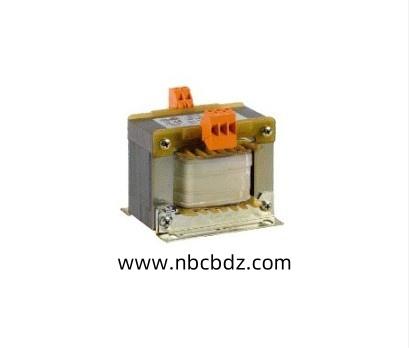Nbcbdz Perspective on Low-frequency Transformer Factory Sustainability Goals

Low-frequency Transformer Factory remains a crucial foundation for industries that rely on dependable energy conversion and distribution. These transformers serve as an integral part of countless systems, from industrial machinery and commercial devices to specialized equipment requiring stable voltage and safe operation. By working with carefully designed cores and winding structures, such factories provide reliable solutions that adapt to different working environments.
The production of low-frequency transformers emphasizes durability and accuracy. Unlike their high-frequency counterparts, these transformers often feature larger cores and distinct insulation approaches designed to handle steady loads over long periods. This structural difference means the manufacturing process requires extensive knowledge of material behavior, winding precision, and heat management to maintain long-term stability.
A modern facility dedicated to low-frequency transformer manufacturing focuses not only on consistent performance but also on customization. Clients from different industries may require unique specifications, such as specialized voltage ratios, customized shapes, or adapted safety features. This flexibility ensures that every transformer can meet the specific operational needs of the customer, whether in factory automation, household appliances, or energy distribution systems.
Testing and quality assurance are also vital aspects of production. Each unit undergoes rigorous evaluation to confirm that it can withstand expected operating conditions without compromise. This includes electrical safety checks, thermal endurance assessments, and functional tests under simulated workloads. Such careful examination ensures that the transformers deliver both reliability and efficiency in real applications.
In addition to technical standards, many factories are adopting sustainable practices. This includes optimizing production workflows to reduce energy waste, recycling copper and core materials where possible, and exploring eco-friendly insulation methods. These steps demonstrate a growing awareness of environmental responsibility while ensuring that customers receive products aligned with modern expectations of sustainability.
Collaboration with clients further defines the strengths of a manufacturing facility. By understanding the detailed needs of each project, factories can provide tailored recommendations, design adjustments, and long-term technical support. This cooperative relationship not only enhances customer satisfaction but also fosters innovation in transformer production.
The role of a low-frequency transformer factory extends beyond supplying equipment. It represents a commitment to stable energy use, safety, and adaptability. As industries continue to evolve, these facilities remain essential in bridging traditional electrical requirements with modern-day applications, ensuring that progress is supported by reliable infrastructure.
To explore more products and technical solutions, please visit https://www.nbcbdz.com/product/
- Art
- Causes
- Crafts
- Dance
- Drinks
- Film
- Fitness
- Food
- Spiele
- Gardening
- Health
- Home
- Literature
- Music
- Networking
- Other
- Party
- Religion
- Shopping
- Sports
- Theater
- Wellness
